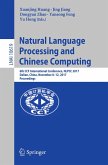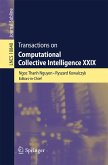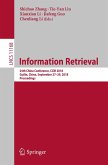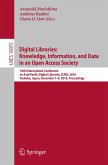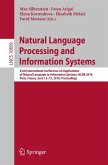This book explains the main problems related to digital preservation using examples based on a modern version of the well-known Cinderella fairy tale. Digital preservation is the endeavor to protect digital material against loss, corruption, hardware/software technology changes, and changes in the knowledge of the community.
¿he structure of the book is modular, with each chapter consisting of two parts: the episode and the technical background. The episodes narrate the story in chronological order, exactly as in a fairy tale. In addition to the story itself, each episode is related to one or more digital preservation problems, which are discussed in the technical background section of the chapter. To reveal a more general and abstract formulation of these problems, the notion of pattern is used. Each pattern has a name, a summary of the problem, a narrative describing an attempt to solve the problem, an explanation of what could have been done to avoid or alleviatethis problem, some lessons learned, and lastly, links to related patterns discussed in other chapters.
The book is intended for anyone wanting to understand the problems related to digital preservation, even if they lack the technical background. It explains the technical details at an introductory level, provides references to the main approaches (or solutions) currently available for tackling related problems, and is rounded out by questions and exercises appropriate for computer engineers and scientists. In addition, the book's website, maintained by the authors, presents the contents of Cinderella's "real USB stick," and includes links to various tools and updates.
Dieser Download kann aus rechtlichen Gründen nur mit Rechnungsadresse in A, B, BG, CY, CZ, D, DK, EW, E, FIN, F, GR, HR, H, IRL, I, LT, L, LR, M, NL, PL, P, R, S, SLO, SK ausgeliefert werden.



